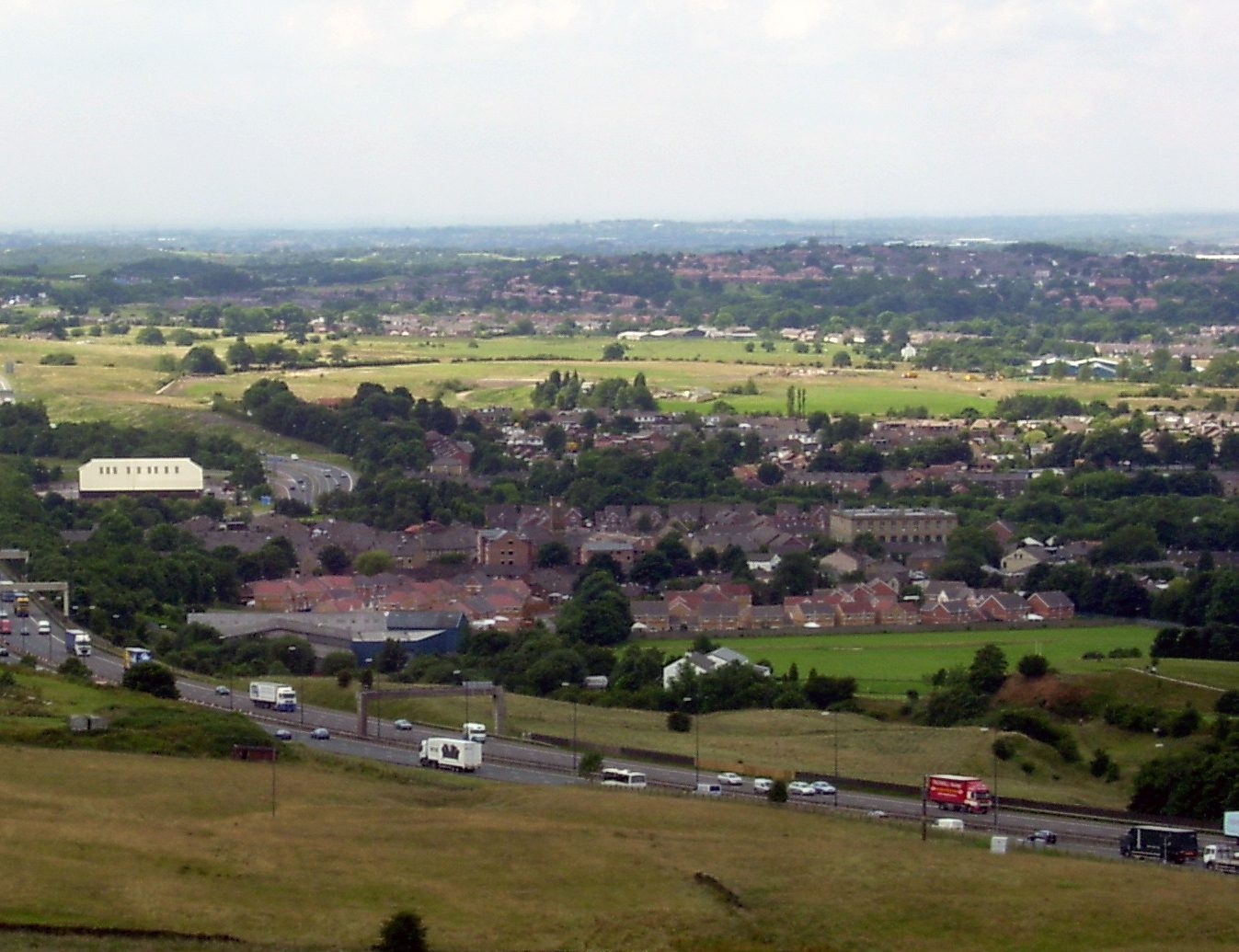There are so many reasons to choose SimplyFixIt for your iPhone Repairs. Our technicians are certified by Apple. We use the highest quality screens available, including genuine Apple screens, and we pay our staff the Real Living Wage.
For over 25 years we have carried out computer and other IT repairs for people who came into our shops, and now we can give the people of Milnrow the same quality of repairs for their iPhones.
Mail-In iPhone Screen Repairs for Milnrow, by SimplyFixIt
People from Milnrow choose SimplyFixIt as their iPhone repair company because we offer the highest standards of repairs, including using genuine Apple screens, which typically can't be matched by a local independent computer store. They post us their iPhone, which is professionally repaired, and returned by a secure overnight courier. In most cases, they receive their iPhone back 2 days after they post it to us.
Fast Repairs
Quality Components
Spread the cost
All Repairs Guaranteed
At SimplyFixIt, we believe that doing things right is better than doing things quickly, so there may be some cases where we need just a bit longer to get your iPhone ready. Don't worry though, as soon as the iPhone repair is completed, we'll be in touch to let you know. We can then arrange a secure, express delivery back to Milnrow.
SimplyFixIt customers near Milnrow
We Fix iPhones for people from all over the country, including near Milnrow. Chances are that you live close to one of our customers already. Here is a map of the people1, who live near Milnrow, that have had their iPhone fixed by SimplyFixIt recently. They have posted their iPhone to us, and then we repaired it and sent it back using an insured, overnight courier service.
1For security & data protection reasons, we are not showing the exact location of our customers. We apply slight randomness to the location markers, so they don't show the exact address. The markers fall in a slightly different location each time, but the general area is correct.

Send your iPhone to us via Royal Mail Special Delivery, which should provide you with adequate insurance. We will fix it and return it to you without any fuss.
Choose an iPhone
More about Milnrow
Milnrow is a town within the Metropolitan Borough of Rochdale, in Greater Manchester, England. It lies on the River Beal at the foothills of the South Pennines, and forms a continuous urban area with Rochdale. It is 2 miles (3.2 km) east of Rochdale town centre, 10 miles (16.1 km) north-northeast of Manchester, and spans from Windy Hill in the east to the Rochdale Canal in the west. Milnrow is adjacent to junction 21 of the M62 motorway, and includes the village of Newhey, and hamlets at Tunshill and Ogden.
Historically in Lancashire, Milnrow during the Middle Ages was one of several hamlets in the township of Butterworth and parish of Rochdale. The settlement was named by the Anglo-Saxons, but the Norman conquest of England resulted in its ownership by minor Norman families, such as the Schofields and Cleggs. In the 15th century, their descendants successfully agitated for a chapel of ease by the banks of the River Beal, triggering its development as the main settlement in Butterworth. Milnrow was primarily used for marginal hill farming during the Middle Ages, and its population did not increase much until the dawn of the woollen trade in the 17th century.
With the development of packhorse routes to emerging woollen markets in Yorkshire, the inhabitants of Milnrow adopted the domestic system, supplementing their income by fellmongering and producing flannel in their weavers' cottages. Coal mining and metalworking also flourished in the Early Modern period, and the farmers, colliers and weavers formed a "close-knit population of independent-minded workers". The hamlets of Butterworth coalesced around the commercial and ecclesiastical centre in Milnrow as demand for the area's flannel grew. In the 19th century, the Industrial Revolution supplanted domestic woollen industries and converted the area into a mill town, with cotton spinning as the principal industry. Mass-produced textile goods from Milnrow's cotton mills were exported globally with the arrival of the railway in 1863. The Milnrow Urban District was established in 1894 and was governed by the district council until its abolition in 1974.
Deindustrialisation and suburbanisation occurred throughout the 20th century resulting in the loss of coal mining and cotton spinning. Milnrow was merged in to the Metropolitan Borough of Rochdale in 1974, and has since become suburban to Rochdale. However, the area has retained "a distinct and separate character", and has been described as "the centre of the south Lancashire dialect". John Collier (who wrote under the pseudonym of Tim Bobbin) is acclaimed as an 18th-century caricaturist and satirical poet who produced Lancashire-dialect works during his time as Milnrow's schoolmaster. Rochdale-born poet Edwin Waugh was influenced by Collier's work, and wrote an extensive account of Milnrow during the mid-19th century in a tribute to him. Milnrow has continued to grow in the 21st century, spurred by its connectivity to road, rail and motorway networks. Surviving weavers' cottages are among Milnrow's listed buildings, while the Ellenroad Steam Museum operates as an industrial heritage centre.